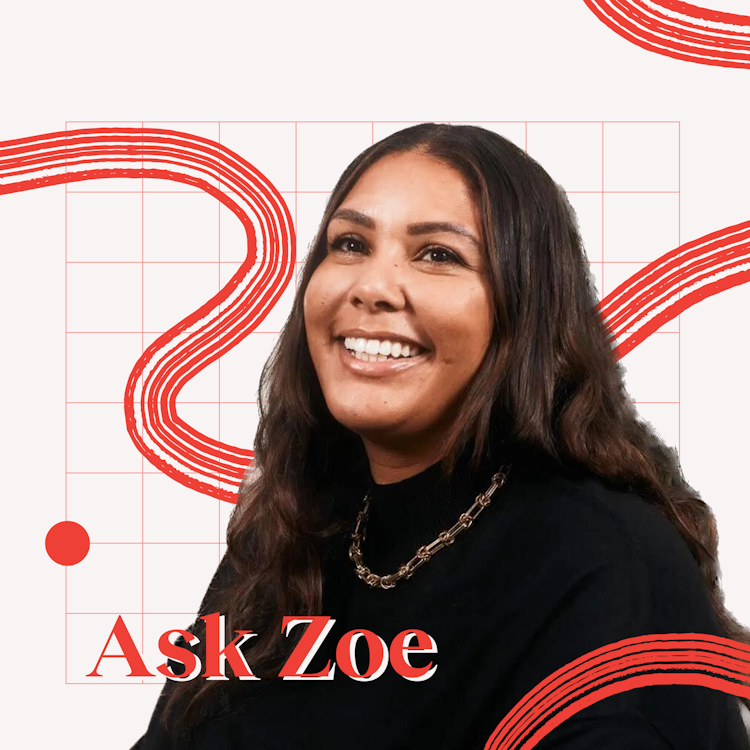"I’ve been in the same role since joining an early-stage startup a few years ago and think I deserve a promotion. But the founders are totally focused on the product and there isn't much talk about career progression. What should I do?"
At startups, career progression can feel unstructured and uncertain. From my own experience being part of the founding team at a startup, I know that the early years of company building can feel demanding and light on recognition as the company figures out how it makes money, or if it should even exist.
Founder attention is usually aggressively split between the day-at-hand and the long-term vision, and often the time horizon in between is fuzzy. Startups also tend to stay pretty flat for as long as they can to avoid unnecessary hierarchy that could detrimentally slow down progress.
It usually pays to be proactive about your professional development, rather than waiting for opportunities to come to you.
Firstly, what would a meaningful role change look like to you?
A bigger title? A pay rise? More responsibility? Management opportunities? Getting clarity on what you’re seeking and why helps focus a discussion about progression.
Sometimes a pay increase is important to stay on track with life goals and commitments. But often the desire to be promoted is not motivated by compensation and is more about wanting a new challenge. Think about what that challenge needs to look like to keep you growing and put pen to paper.
Growth often comes from the chance to experience something new — whether that be a broadened scope that takes you closer to another function; building or managing a team; or launching a new geography or business line. Aligning your own personal growth interest with the strategic goals of the business enhances the viability of the proposal you plan to make.
Next, think about what supports your ask.
In other words: why should you be promoted? It’s important to keep track of all the achievements that have had the biggest impact on the company and moved the business closer towards its mission. You may find pulling together a ‘brag document’ helpful. Don’t assume that your manager will remember it all. Remember to talk about your relevant skills; increasingly companies are making decisions on internal moves based on which employees have the transferable skills to be successful in a new context.
Looking forward, help the founders visualise the opportunity that you can see.
You need to present a balanced view of what success would look like with a role change, and also what risks you see, along with your plan to mitigate them. At Sequoia, we exercise the habit of penning down a ‘pre-parade’ — imagining what the outcome looks like if everything goes right — and a ‘pre-mortem’ — asking yourself if the future doesn’t go the way you imagined, what went wrong? We do this in our investment memos, and even for important non-investment decisions. I love applying this framework to career planning as the concept forces you to paint a vivid picture of what it would look like if everything went to plan (or even better than planned), and what would make the same plan fail with ensuing consequences.
Walk into the conversation with the right expectations.
The outcome may not be a promotion on the spot. Rather, it is an opportunity to discuss what performance looks like at the next level, and your distance to it. Ask for feedback on your gaps and discuss the support you need to bridge them.
Often this will also open an honest dialogue about the company’s performance and what milestones may need to be reached before role changes are made. If the company is pre product-market fit or on the journey to close more funding it can be hard for founders to commit to promotions — or even timelines to promotion.
That’s not to say founders shouldn’t care about your growth, but until a significant milestone or breakthrough is reached, it may just be hard to make firm promises. Only you can decide if the mission, impact and rate of learning outweigh the opportunity cost associated with growing in a role elsewhere.
I recommend putting in some thought to clarify your ideas to have the most productive conversation that aligns your personal growth expectations with the possible paths forward.
Zoe will be answering questions from Sifted readers each month. Have something you want to ask? Reach out at askzoe@sifted.eu.



